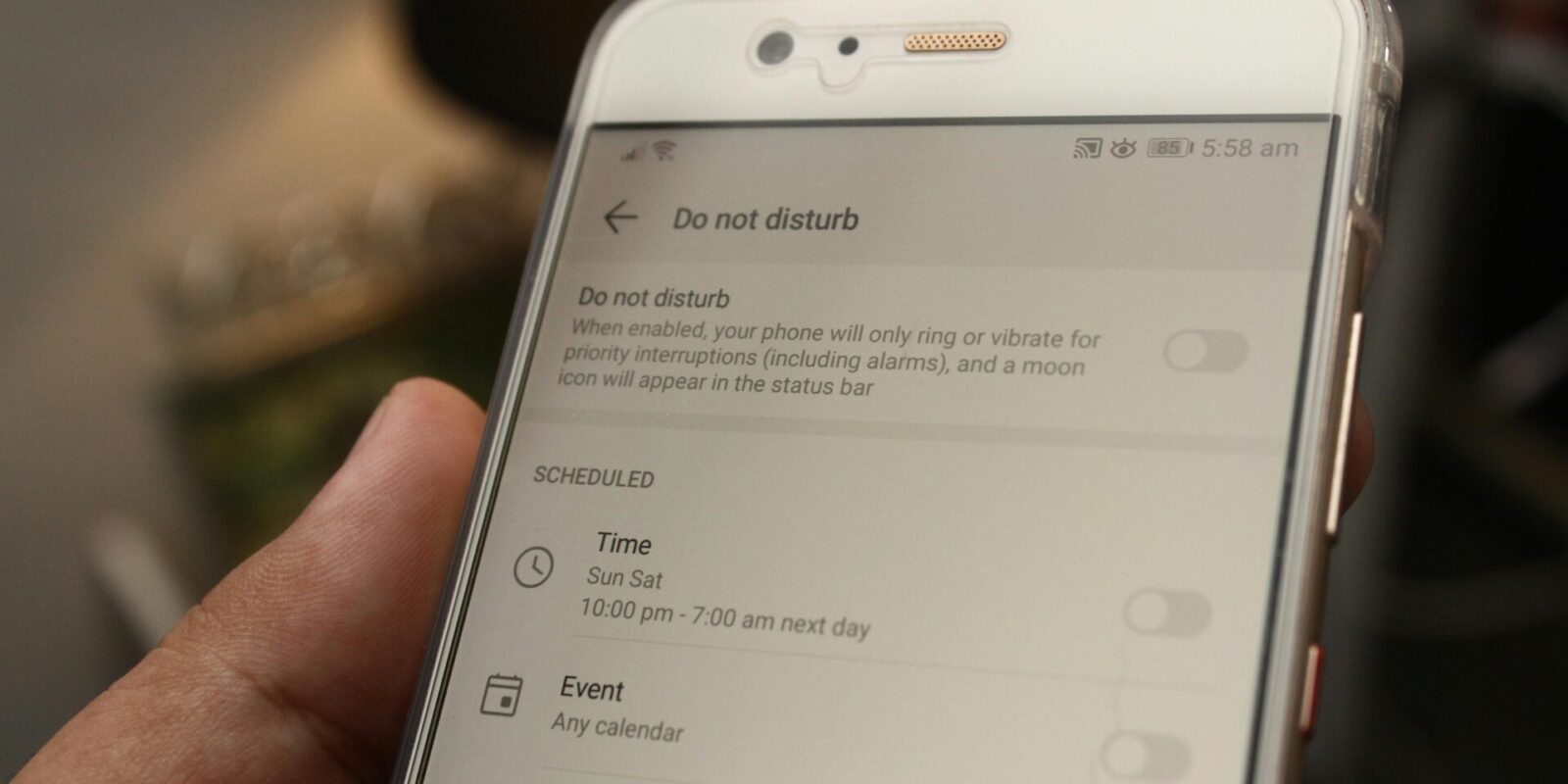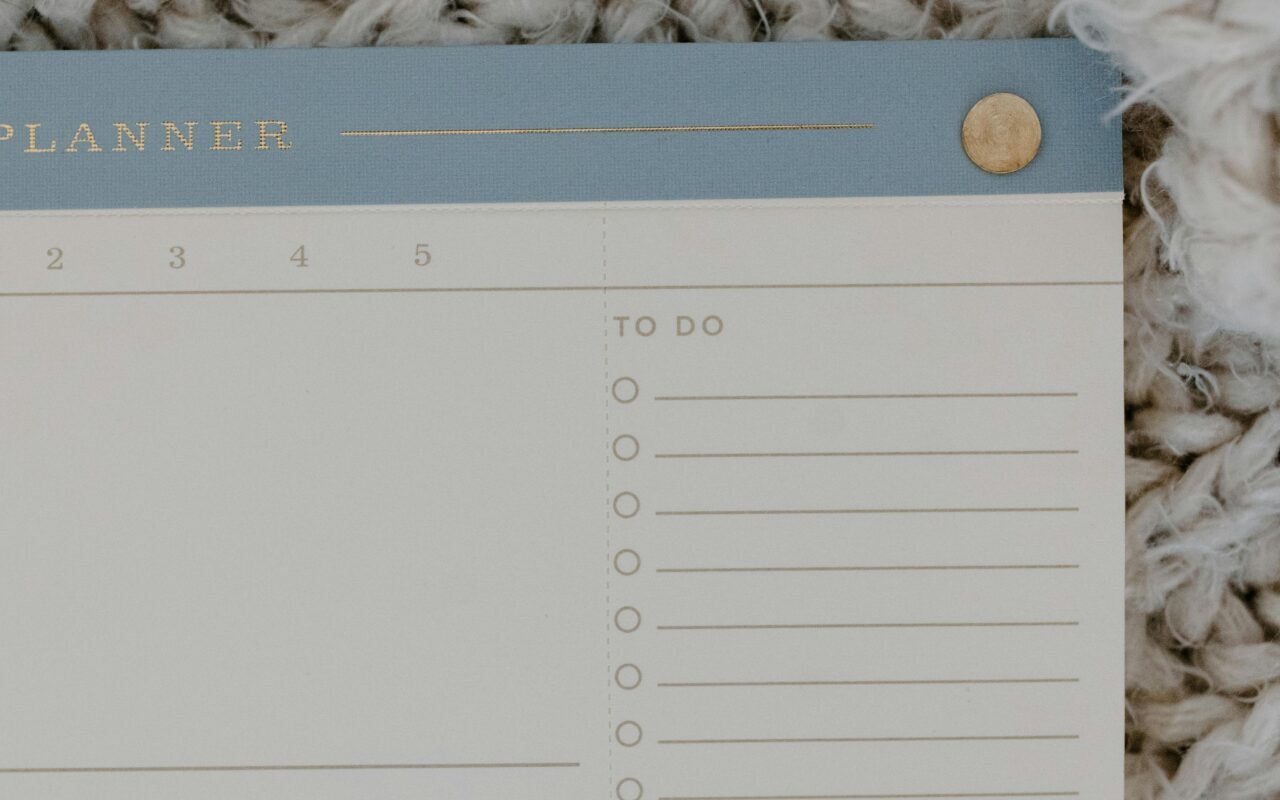 Text message, TikTok, email, chatter, phone calls, repeat. These minuscule moments of distraction have plummeted our focus and productivity levels, leaving us feeling like we’ve worked all day yet have nothing to show for it. Our attention spans have gotten shorter, and our insatiable appetite for dopamine hits and diversions has skyrocketed. How do we regroup to rebuild our focus muscles?
Text message, TikTok, email, chatter, phone calls, repeat. These minuscule moments of distraction have plummeted our focus and productivity levels, leaving us feeling like we’ve worked all day yet have nothing to show for it. Our attention spans have gotten shorter, and our insatiable appetite for dopamine hits and diversions has skyrocketed. How do we regroup to rebuild our focus muscles?
Georgetown University Professor Cal Newport coined the term in his book “Deep Work: Rules for Focused Success in a Distracted World”. This problem plagues most individuals today, so learn this skill to give yourself a competitive edge.
Distraction Disaster-
 A study showed that for every interruption during focused work, it takes 23 minutes to return to the zone of fully focused concentration. Think about it like hitting the snooze button in the morning more times than you care to admit.
A study showed that for every interruption during focused work, it takes 23 minutes to return to the zone of fully focused concentration. Think about it like hitting the snooze button in the morning more times than you care to admit.
Once you exit your REM/deep sleep state, you won’t necessarily be more well-rested by getting an extra 5 or 10 minutes. It’s fractured sleep that isn’t benefiting your body as much as you might think.
The same goes for focus. We fracture our attention, meaning your concentration levels won’t be the same once you indulge in the distraction. As soon as you exit, it takes longer than you’d think to enter back into your flow state.
How To Do Deep Work-
Begin your journey by doing deep work for 20 minutes daily and work your way up to 30, 45, 50, or an hour. There won’t be a specific time frame for everyone. You might find that sweet spot after testing different time frames, where you can focus before your brain starts burning out.
Deep work requires 100% concentration, meaning you should silence your phone or have it on Do Not Disturb. Maybe you put it in a drawer or in a separate room from where you are. Close your tabs and emails, pop in earphones, listen to binaural beats, or go completely silent if that’s an option.
Take any bathroom breaks before you begin and have water, coffee, or your drink of choice ready beside you so that you won’t need to interrupt your session for any reason.
You’ll probably fail at this more times than you care to admit. Checking your phone by way of habit or opening up a new tab that has nothing to do with the task at hand. Notice it when it happens and slowly divert your attention back to where it should be. This will take lots of practice to form the habit of total focus.
Maximum Capacity-
 Although a typical corporate workday lasts 8 hours, it’s believed that around 4 hours of deep work is all your brain can handle before losing steam. It’s no secret that most people don’t fulfill 8 hours of deep work per day. Much of that time might be spent on emails, meetings, water cooler chats, or Zoom calls.
Although a typical corporate workday lasts 8 hours, it’s believed that around 4 hours of deep work is all your brain can handle before losing steam. It’s no secret that most people don’t fulfill 8 hours of deep work per day. Much of that time might be spent on emails, meetings, water cooler chats, or Zoom calls.
Deep work won’t magically happen after we’ve trained our brains to welcome interruptions over the past decade. Like a muscle, it’s something to build upon and may be uncomfortable for a while before it becomes natural. Don’t beat yourself up if it’s a struggle at first.
Boundaries-
If you don’t work from home and face regular distractions in an office setting, speak to your boss and coworkers about your plans. Inform them of which hours you’ll need to complete this focused work period and see if they can work with you to reduce disturbances.
Present Moment-
Distractions divert you from being in the present moment. During deep work, you’re forced to sit and work through your mental blocks and procrastination tendencies. This can be daunting at first to sit through and exist in the present without rewarding yourself with web surfing or texting.
This goes deeper than we might even realize. When we sit in the present without distraction, it’s scary to imagine the feelings that might come up. However, this should get less intimidating the more you practice. Engage in tasks like meditation, cooking, and/or cleaning without a podcast or music playing to get comfortable with silence and complete concentration on a task.
Deep work is ideal for certain tasks more than others. For some forms of work, you’ll want to have a multitasking brain. For things like research, writing, coding, editing, and creative pursuits like music and art, it’ll require your full attention. If you’re in sales and connecting with clients is of higher priority, you may need less deep work.
Embrace Boredom-
 You probably view boredom as a negative emotion. Boredom isn’t bad, it just has bad PR. Allowing yourself to sit in boredom has actually been found to increase creativity levels. The next time you’re facing a bout of boredom, instead of searching for a quick fix, sit and allow yourself to be for a moment. By doing this frequently, hunkering down on your to-do list won’t seem as overwhelming.
You probably view boredom as a negative emotion. Boredom isn’t bad, it just has bad PR. Allowing yourself to sit in boredom has actually been found to increase creativity levels. The next time you’re facing a bout of boredom, instead of searching for a quick fix, sit and allow yourself to be for a moment. By doing this frequently, hunkering down on your to-do list won’t seem as overwhelming.
Perfect Timing-
 If your brain is sharpest first thing in the morning, aim to schedule your deep work first. If your morning consists of mandatory meetings and emails with coworkers, you’ll need to schedule it in the afternoon.
If your brain is sharpest first thing in the morning, aim to schedule your deep work first. If your morning consists of mandatory meetings and emails with coworkers, you’ll need to schedule it in the afternoon.
Make extra time to create a ritual around your deep work. A few minutes prior, meditation, exercise, or walking outside can help you clear your mind to prepare.
The book Atomic Habits by James Clear suggests habit stacking, combining two or more good habits back to back. This can help your brain associate them with each other, making it more likely that you’ll stick to said good habits. Try mixing deep work with another good habit to solidify your routine.
Four Types of Deep Work-
Everyone’s work schedules and lifestyles are going to vary greatly. Some people have larger stretches of time to decide how they’d like to approach their deep work. Others need to dive into it whenever they have a small window of opportunity.
Luckily, Newport has listed 4 different philosophies of deep work that can complement almost any lifestyle or knowledge worker. Some require more skill than others, and some make a better starting point.
Monastic Philosophy-
 This technique requires your total time and participation. Maybe you rent a cabin for two weeks and turn your phone off to complete your manuscript. Bill Gates famously used this approach, aptly named Think Week.
This technique requires your total time and participation. Maybe you rent a cabin for two weeks and turn your phone off to complete your manuscript. Bill Gates famously used this approach, aptly named Think Week.
During this week, he would isolate himself in the woods for a week without distraction and review ideas from Microsoft employees. This eventually led to the invention of Internet Explorer in 1995. While beneficial, not everyone can take a large chunk of time off work or from their obligations.
Bimodal Philosophy-
The bimodal method is where you split your time between deep work and shallow tasks. Perhaps you dedicate Monday through Wednesday or at least Monday and Tuesday to deep work and devote the remainder of your working week to shallow tasks. To use this style, you should be able to commit at least one full day a week to deep work.
Rhythmic Philosophy-
 The rhythmic philosophy is for workers with a fairly consistent schedule. This works best for those who can break up their work throughout the day. Let’s say 9-10:30 am is reserved for deep work, then you do some emails and break for lunch. Then, from 1:30-3:00 pm, you complete another stretch. You can break this up into whatever rhythm suits you and your schedule best. Make the stretches of deep work shorter or longer to maximize your productivity.
The rhythmic philosophy is for workers with a fairly consistent schedule. This works best for those who can break up their work throughout the day. Let’s say 9-10:30 am is reserved for deep work, then you do some emails and break for lunch. Then, from 1:30-3:00 pm, you complete another stretch. You can break this up into whatever rhythm suits you and your schedule best. Make the stretches of deep work shorter or longer to maximize your productivity.
Journalistic-
 This method was inspired by the unpredictable nature of working as a journalist. When a story is about to break, they want to be the first to cover it and thus need to work as quickly and efficiently as possible — often within a moment’s notice.
This method was inspired by the unpredictable nature of working as a journalist. When a story is about to break, they want to be the first to cover it and thus need to work as quickly and efficiently as possible — often within a moment’s notice.
Journalistic deep work is entering into that focused moment whenever you have free time, even if it’s inconsistent. This way isn’t the best for beginners, so it’s recommended to test the other methods before giving this one a whirl.
Final Thoughts-
 In a world full of distracted minds and scattered brains, give yourself the edge by retraining yourself to focus with deep work. If you’re a knowledge worker or have hobbies that require your full focus, practice this skill to rise to the top and get more accomplished than you ever have before.
In a world full of distracted minds and scattered brains, give yourself the edge by retraining yourself to focus with deep work. If you’re a knowledge worker or have hobbies that require your full focus, practice this skill to rise to the top and get more accomplished than you ever have before.
It takes time and practice to get comfortable with deep work, so don’t expect it to feel natural immediately. Practice being in the present moment and embrace boredom without reaching for your phone or dopamine hits.
Inform those around you of your new venture so they can work with you and support your journey to deeper work. Start with smaller periods and slowly work your way up until you find a time block that you’re comfortable with. Don’t go overboard, as most people can only handle up to 4 hours per day.
Test out the four types of deep work to see which aligns best with your lifestyle (Monastic, Bimodel, Rhythmic, or Journalistic) or use a combination of them all. Hopefully, by practicing deep work, you can reclaim your focus and power over your work and your life.




